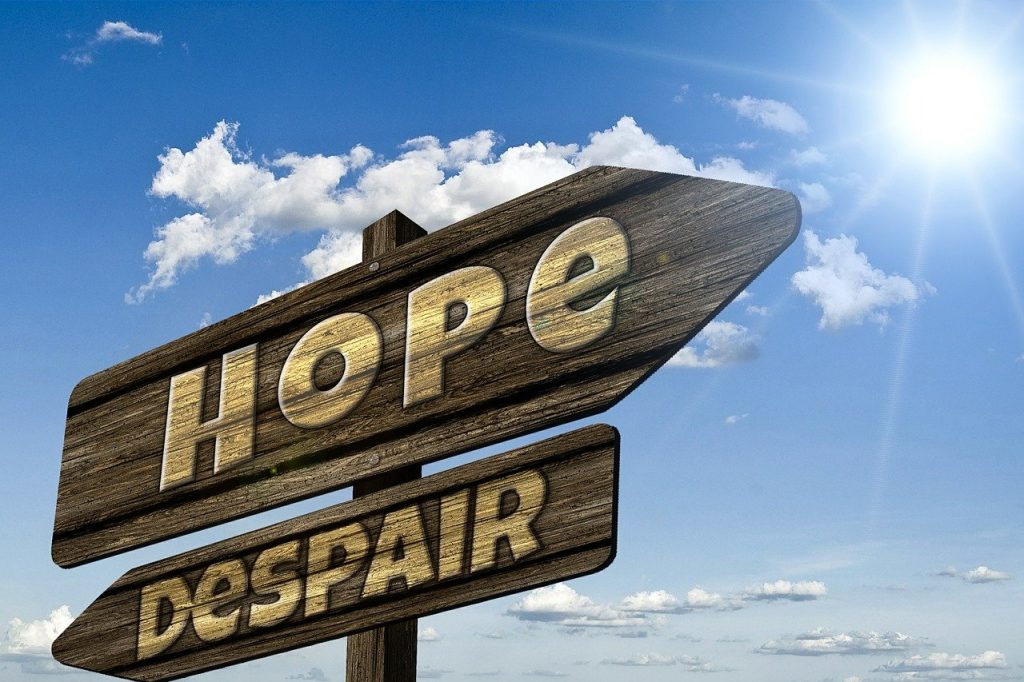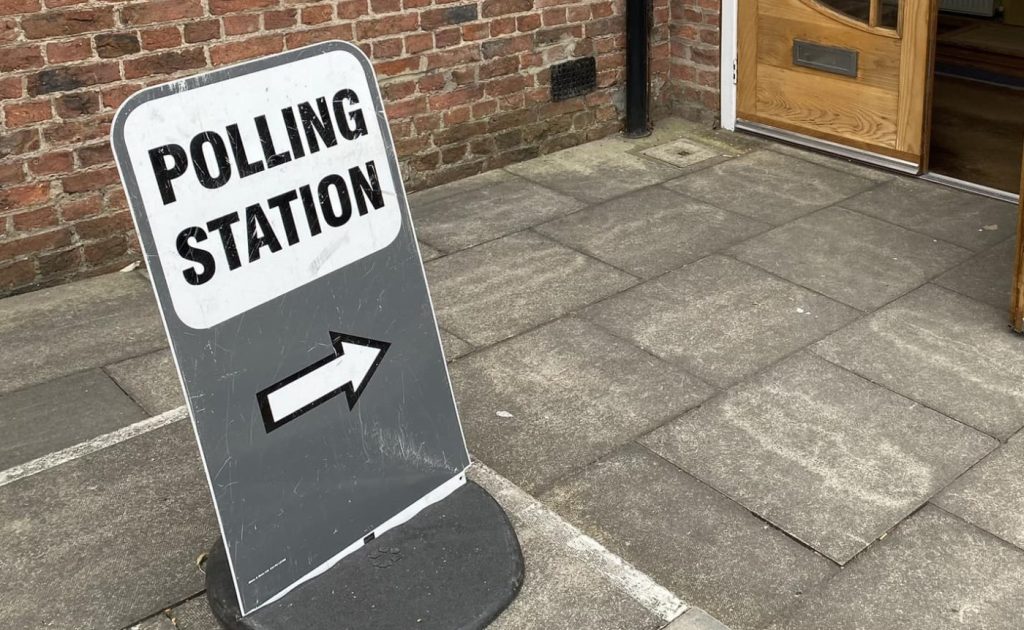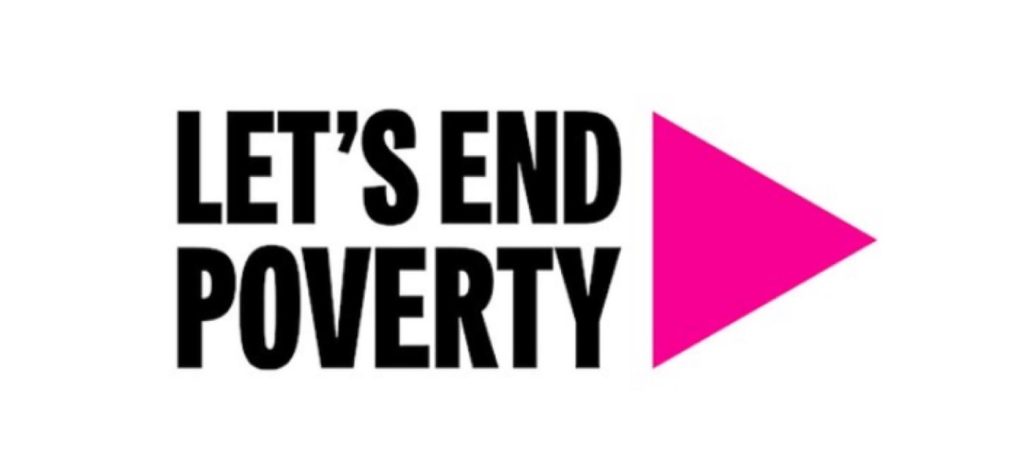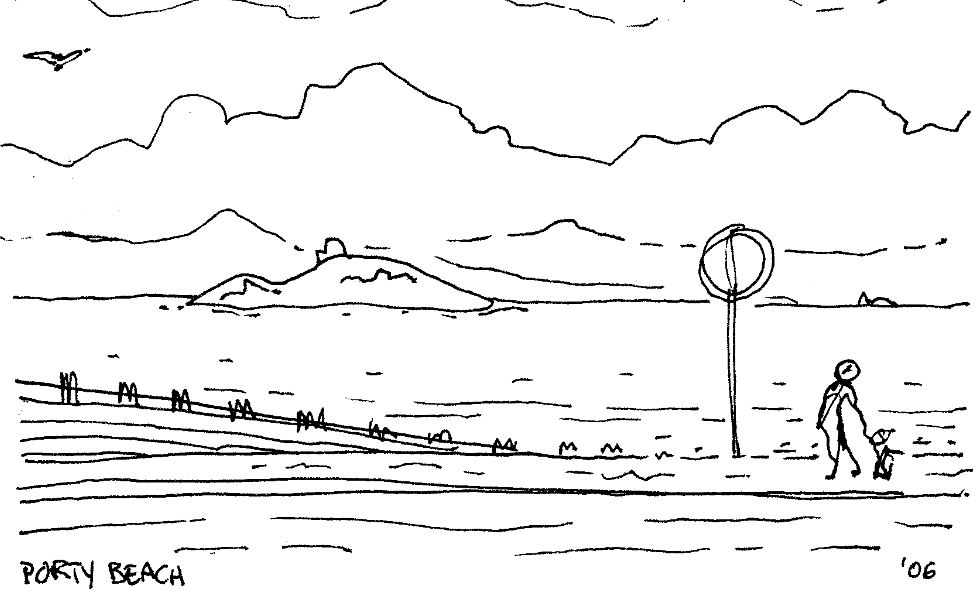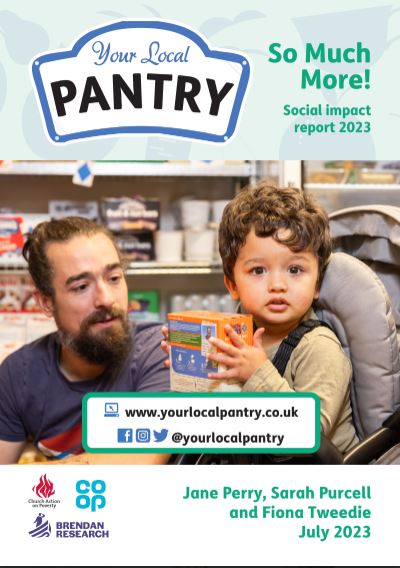"What drives me is people and community. I am passionate about equality and want to see that here in Linacre ward."
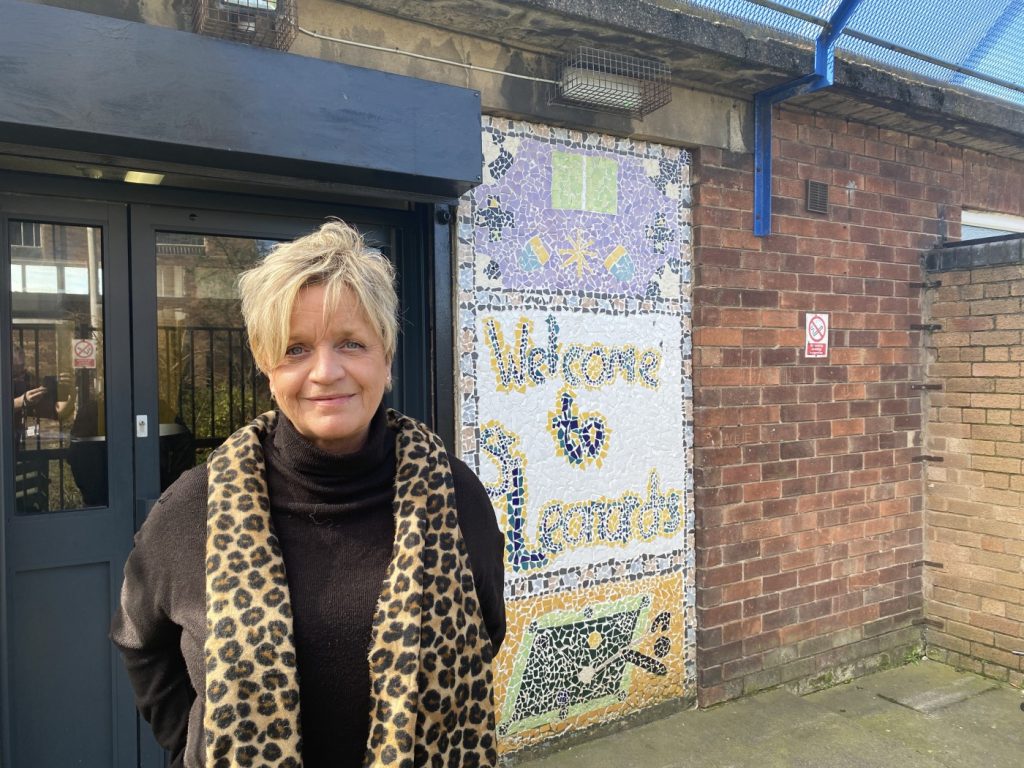
All over the UK, tenacious and compassionate people are helping make change happen in their communities. This blog takes us to Bootle, near Liverpool, where there are big challenges but bright ideas.
Jo has a dream – but it’s not for herself. It’s for her community, the residents she sees every day, and for the children of the future.
Her dream is that local youngsters will dream big, and start to have bolder, brighter hopes.
A recent survey of local people here in Linacre Ward, Bootle, commissioned by local social landlords, found that young people’s ambitions were notably more local and pragmatic than elsewhere.
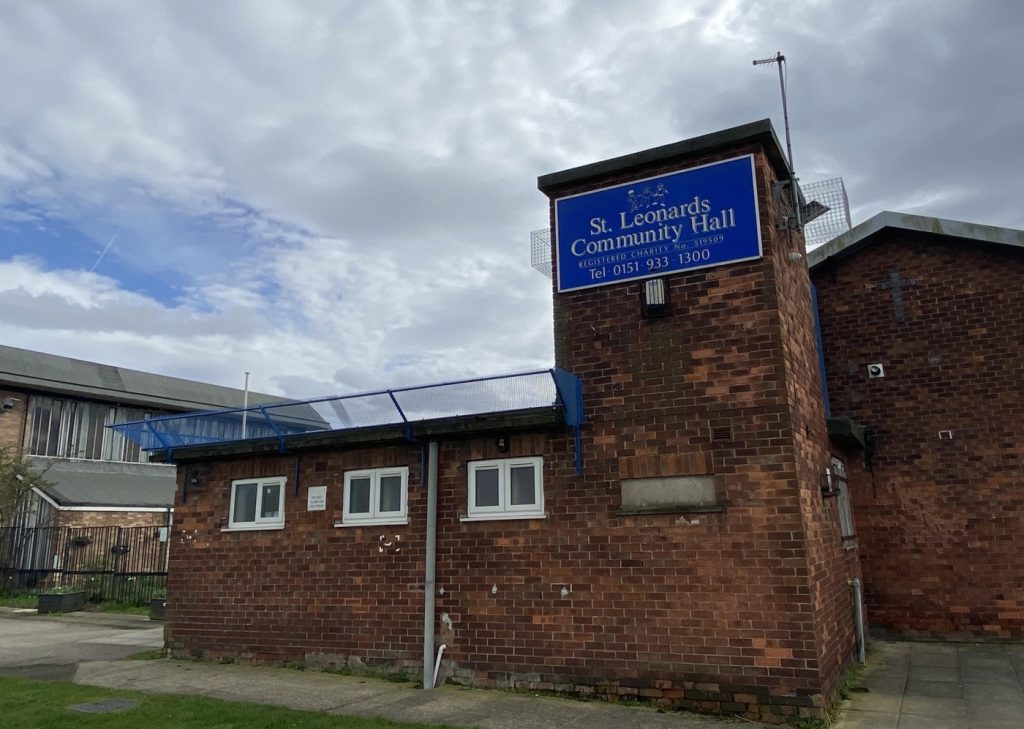
An over-riding vision of hope
“It was quite clear that the aspirations here were about local issues and safety,” says Jo.
“It wasn’t about people wanting to be astronauts or to go traveling, like in other places. People’s aspirations were to have a warm house or a clean safe park.
“The vision overriding all of this is hope. In ten years, I would like local kids to have very different answers when asked their aspirations for their life.”
What happens at St Leonard's
Jo is helping to drive that transformation, by linking up with other like-minded hopers and changers. She joined a recent Speaking Truth To Power training session and is now working to build local people power in Bootle, towards a better future.
Jo is a community development worker at St Leonard’s Youth and Community Centre in Bootle, which provides wide-ranging support and friendship to local people.
She leads weekly groups including a craft hub, local weekly guided walks, a women’s space group and a men’s space group (growing numbers of local men are struggling with living and mental health).
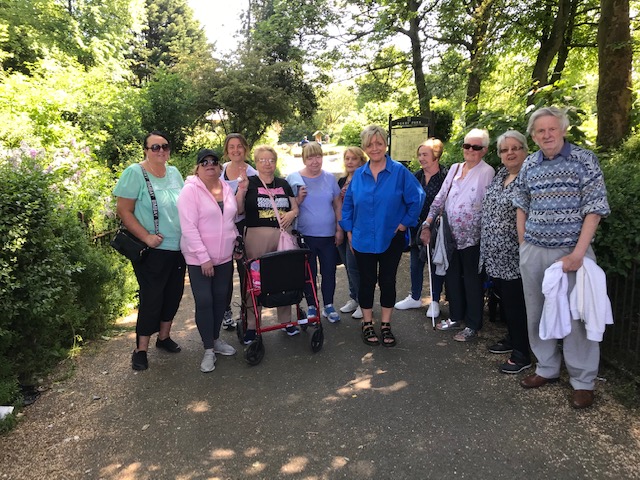
Jo also promotes regular cookery courses at St Leonard’s, a weekly community lunch and helps support people to access an in-house benefits advisor and onward referrals. St Leonard’s operates a weekly foodbank and Your Local Pantry and also offers over-55’s activities.
She also supports lots of people who present at St Leonard’s in crisis and helps them access the most appropriate services or support.
This could include people in fuel or food crisis, debt, housing or health issues. Jo also recruits volunteers (people who have previously accessed St Leonard’s for help) to help support the range of activities on offer.
"We don't want to do something new if it doesn't empower people"
“We regularly hear of the challenges pre and post pandemic, in the local community; inadequate housing, debts and money difficulties, unemployment, and issues around basic public services.
“People tell us they feel undervalued and ignored by local provider services and regularly speak about their frustrations with regard to their local environment; refuse collection, fly tipping, pest control and street cleansing.
“People have unaddressed environmental issues outside their front doors and are struggling financially. We had one woman here saying she felt like she was feeding the meters more than the children.
“I was born and brought up in Waterloo, so a near neighbour of Bootle. I can walk a short distance from here and be in a really wealthy area where rich footballers live, but here there is real poverty. Sefton is strange like that – a single street can separate wealth and poverty.
“What we really want to do came out of the Pantry, and us wanting to do Speaking Truth To Power. We want a community forum where people can come and offload if they need to, but we want to do it in particular way and place that then has the task of trying to address these challenges.
“Last year local registered social landlords commissioned a consultation of ‘The Poet’s Streets’ around here (streets named after poets). A lot of people were bringing different challenges, but not talking about what they themselves might be able to do, or finding confidence and power within themselves to address challenges or difficulties.
“We don’t want to do something new if it doesn’t empower people. I want people to have the resources, and to take things on.
“The men’s space and women’s space and craft group have generated friendships and power that have evolved beyond what we do here. It has spread way beyond St Leonard’s. So now if someone is ill or in hospital or low, then other people have provided support mechanisms that have grown out of the groups here.”
Gathering ideas & power together
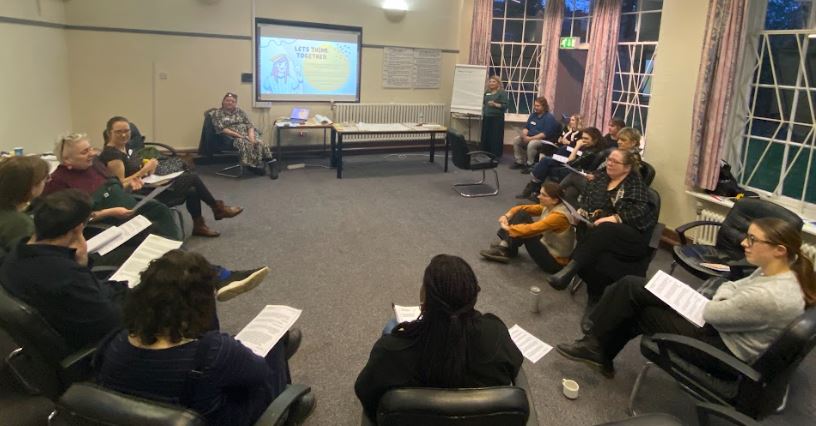
The Speaking Truth to Power programme aims to support people in low-income neighbourhoods to jointly harness local insight, expertise and resolve, to tackle challenges and injustices together.
In August, emerging leaders gathered in Manchester to learn new approaches, and share ideas, and Jo was among them.
She began working in the voluntary sector in the early 80’s working for different charities locally, regionally and nationally, mainly in the areas of mental health and social inclusion. Jo then chose to come back to her home patch.
She says: “What drives me is people and community. I am passionate about equality and want to see that here in Linacre ward where local residents can have something more to hope and aspire to.
“I like working in the community. It’s a privilege. Everything we do is a real privilege. We are involved in people’s lives every day and people trust us to disclose some uncomfortable and challenging things, and it’s a privilege. We are making a difference every day, helping give people hope.
“I don’t know if the phrase ‘Truth To Power’ will resonate with people here, so we are trying to come up with the right name.
“But I’ve spoken to a lot of people here and in the food bank and asked if they would like to be involved, and the answer was an overwhelming yes. It might look at neighbourhood litter or crime or domestic issues or rats but we want to take it a step further, so our work is enabling people to move forward and address things.”
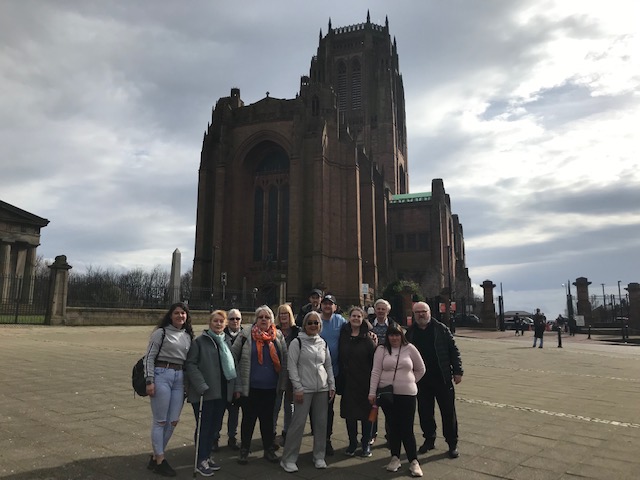
Bootle 10 years from now...
“Ten years from now, I would like to see a real financially healthy, viable Linacre ward, where there are prospects for young families and children. We talk to a lot of families and in the “cradle to career” surveys we talked a lot about prospects for young children, how they can get a good schooling and a journey to a career.
“The majority of people here are unemployed. I would like to see people with young children being given the right support earlier on, with access to schools and nursery services, and access to community mental health services. Mental health is a big challenge here.
“I would like people to have the power to challenge things, to be able to challenge the powers that be, whether that’s social housing providers, private landlords, the council etc.
“I would like to see a healthier, vibrant Linacre ward, where people are happy to live.”

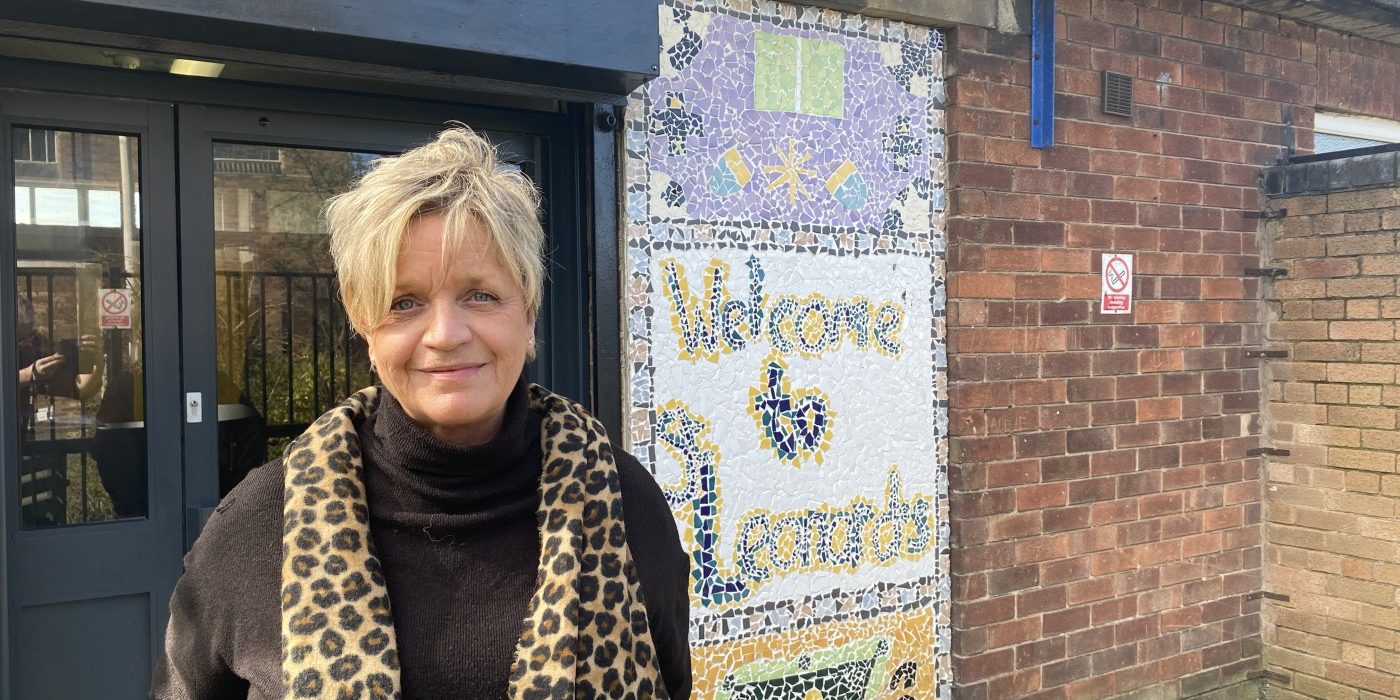

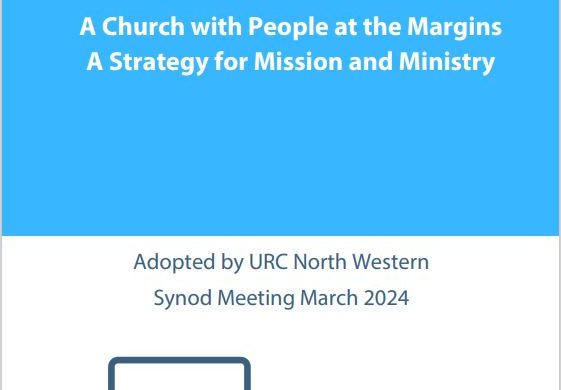
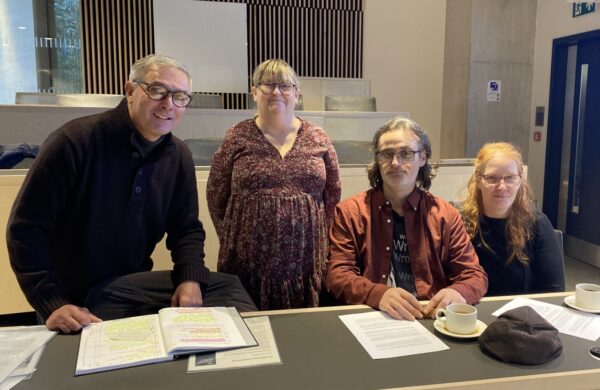












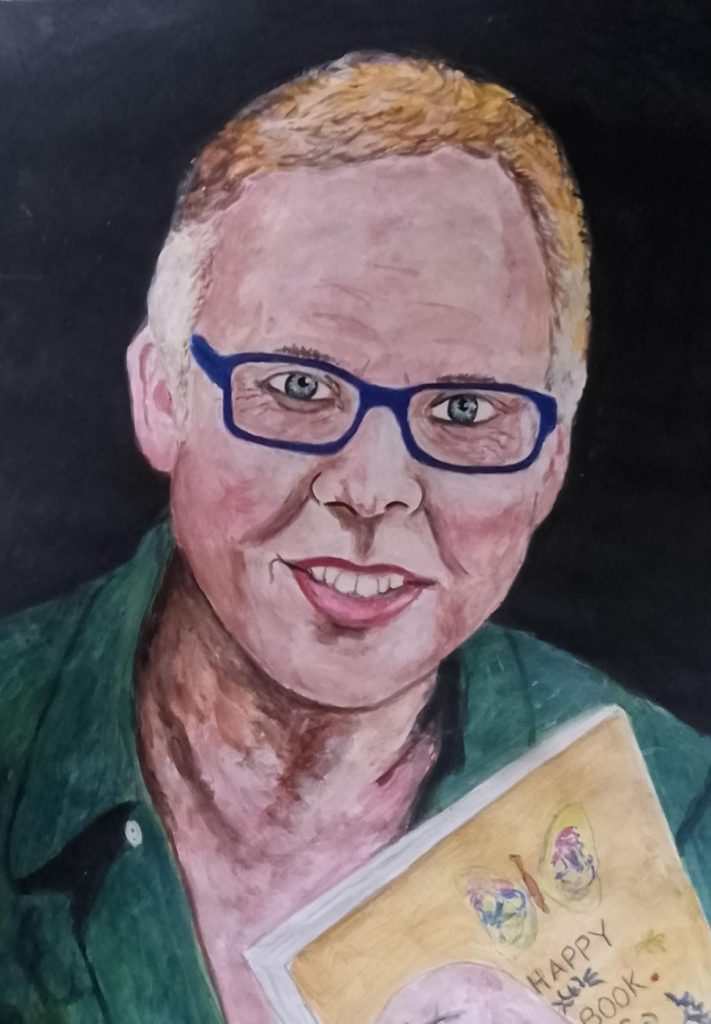
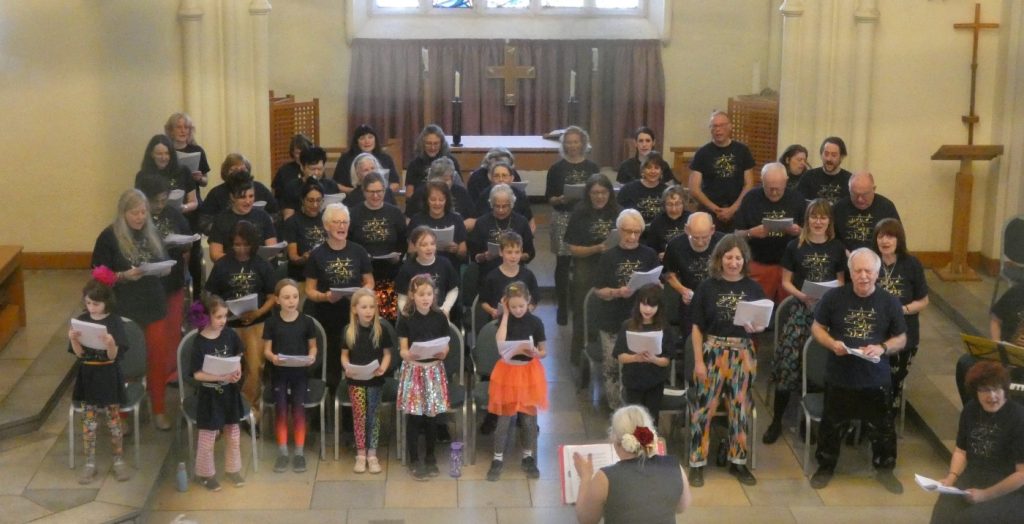









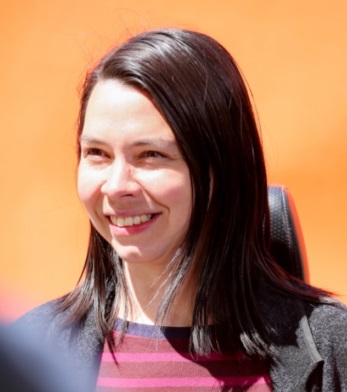 These stories are told by Stef Benstead, a social justice campaigner, Manchester Poverty Truth Commissioner, and an expert on the mistreatment of disabled people.
These stories are told by Stef Benstead, a social justice campaigner, Manchester Poverty Truth Commissioner, and an expert on the mistreatment of disabled people.






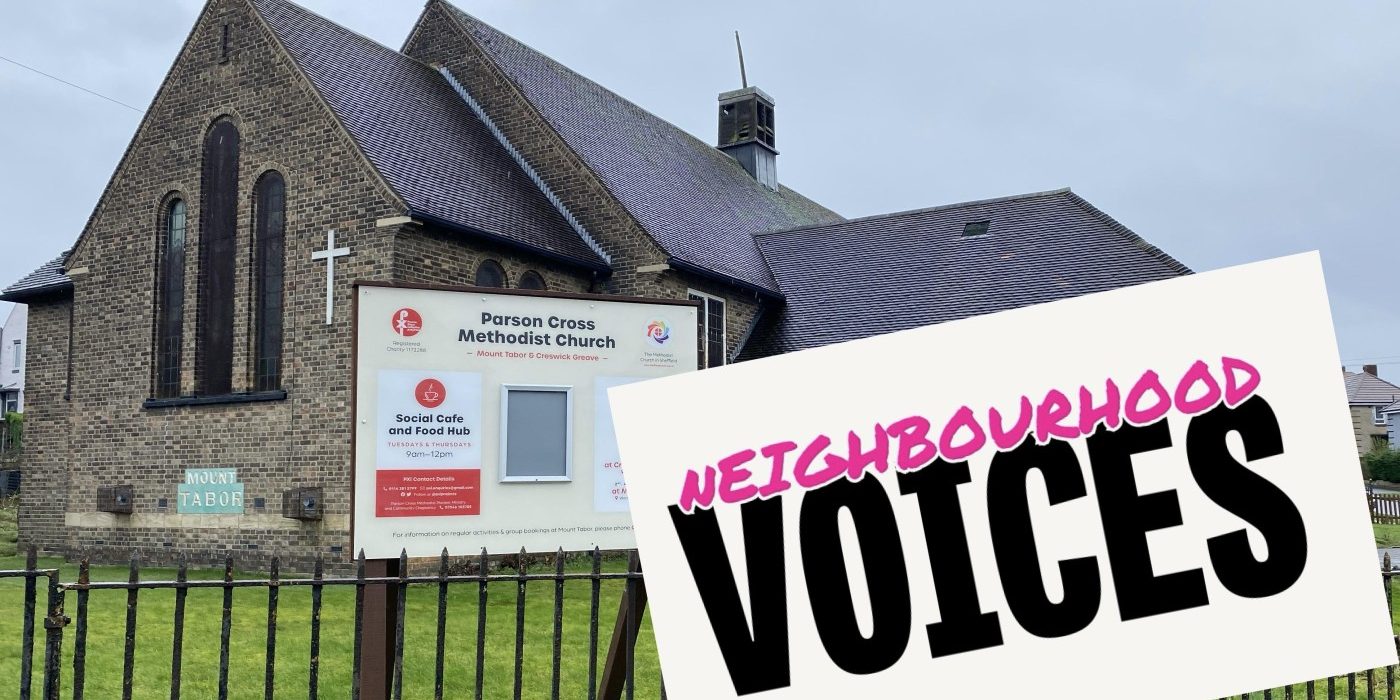
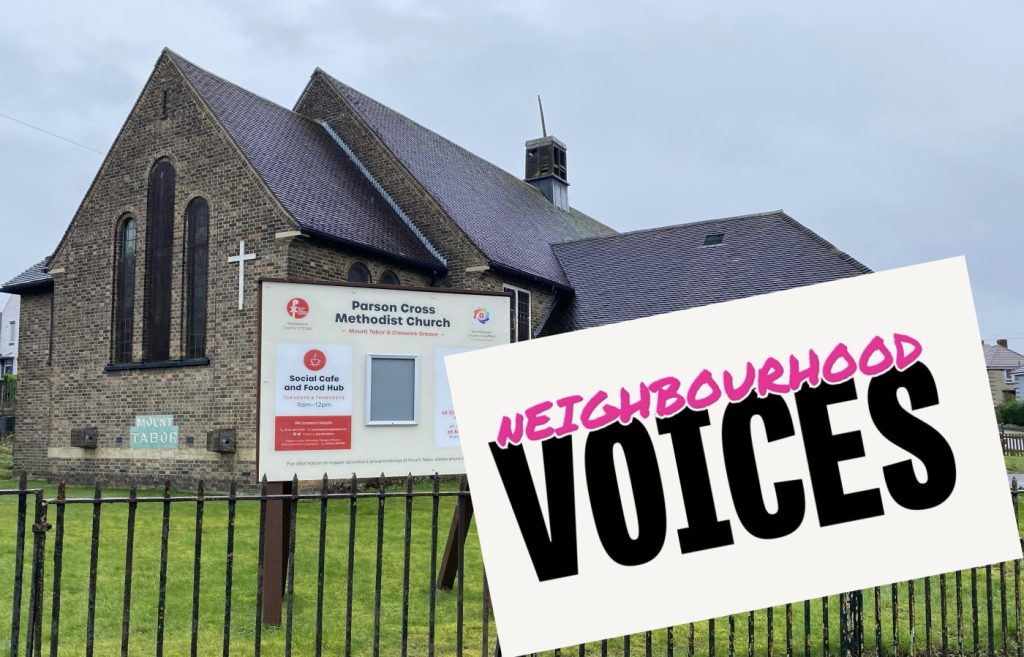

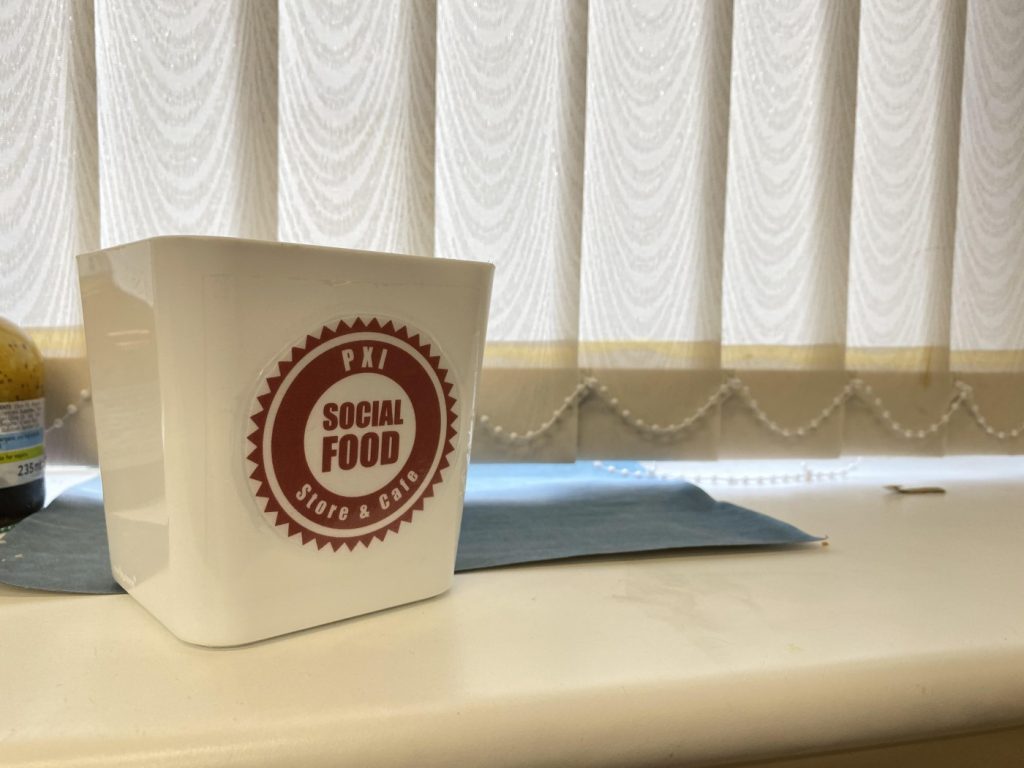
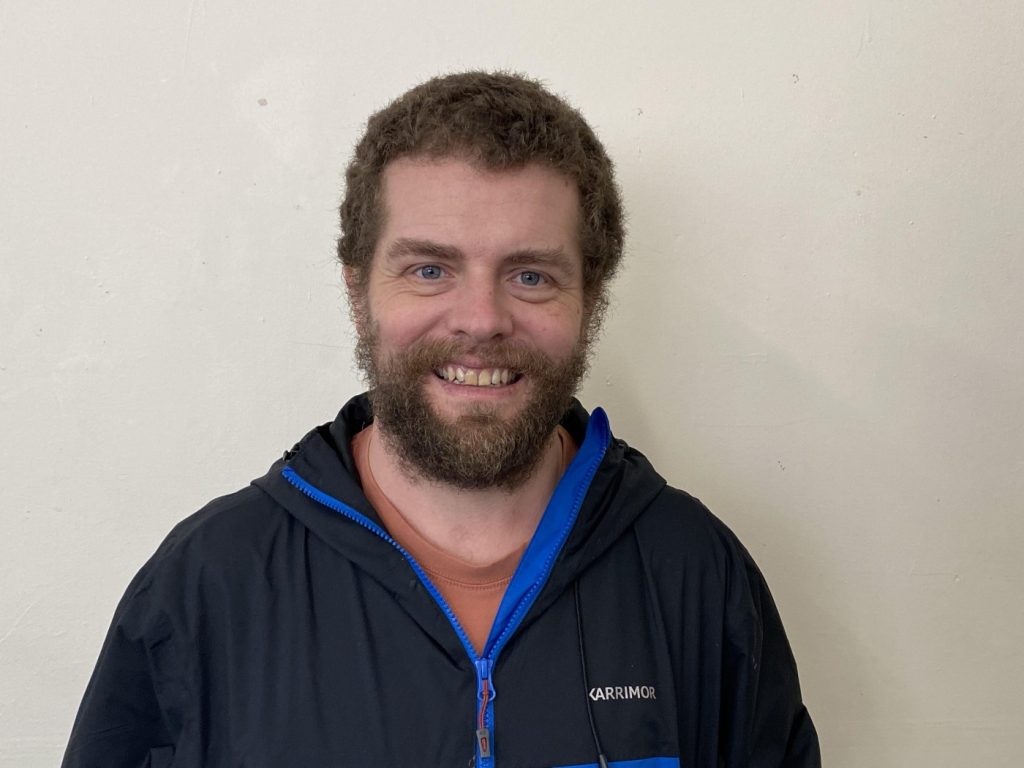

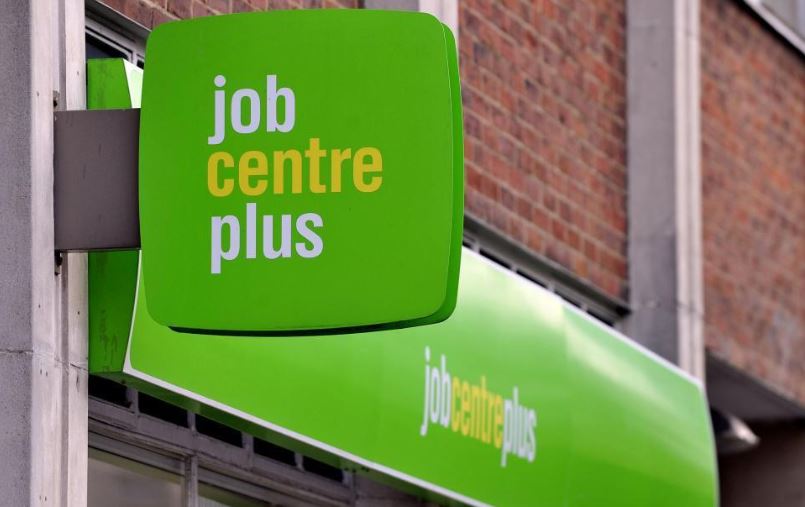
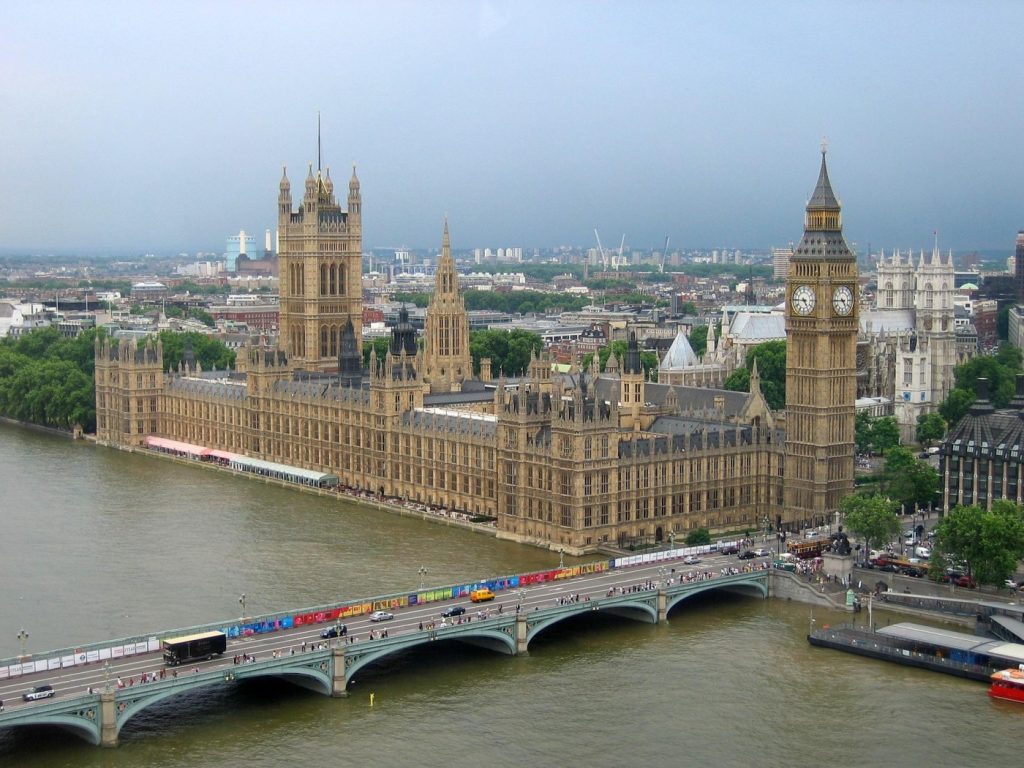




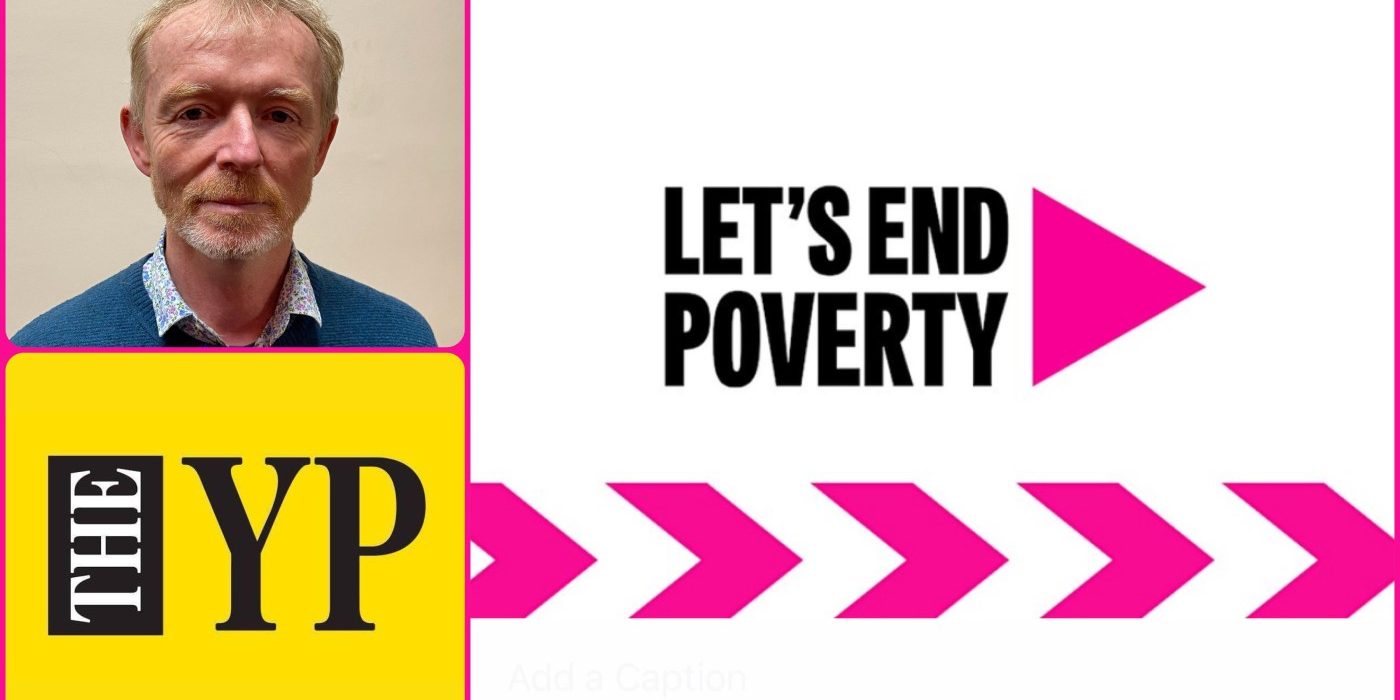
 This year is a chance to reassert what we want for the country. The huge majority of us want to end poverty… Niall Cooper says: Let’s make ourselves heard!
This year is a chance to reassert what we want for the country. The huge majority of us want to end poverty… Niall Cooper says: Let’s make ourselves heard!